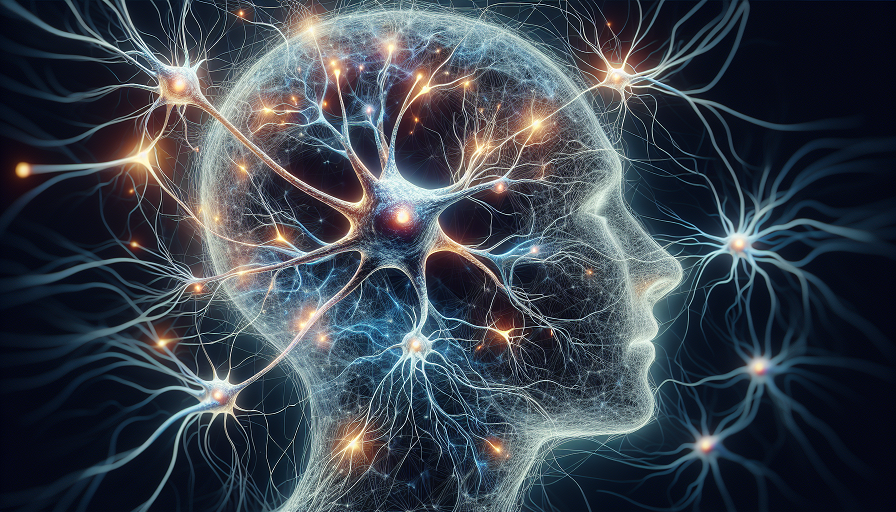
Yes, playing puzzle games can make you “smarter” in certain ways by enhancing cognitive flexibility, improving memory, and strengthening problem-solving skills. However, these gains are often task-specific, meaning they improve the skills trained by puzzles but may not always transfer to general intelligence.
Contents
- What Do We Mean by “Smarter”?
- How Puzzle Games Affect the Brain
- Evidence from Research
- Types of Puzzles and Their Cognitive Benefits
- Transfer Effects: Do Puzzle Skills Carry Over?
- Puzzles and Brain Plasticity
- Psychological Benefits of Puzzle Games
- Limitations of Puzzle-Induced Intelligence
- How to Use Puzzles to Boost Mental Agility
- The Bottom Line
What Do We Mean by “Smarter”?
“Smarter” can refer to several cognitive abilities, including memory, reasoning, adaptability, and problem-solving. Puzzle games challenge the brain in different ways, from recognizing patterns to making logical connections, potentially strengthening these underlying skills.
How Puzzle Games Affect the Brain
Puzzle games stimulate multiple brain regions:
- Prefrontal cortex: Involved in planning, strategy, and decision-making.
- Parietal lobes: Handle spatial reasoning and visual problem-solving.
- Hippocampus: Supports memory formation and recall.
- Dopamine pathways: Provide motivation and reward reinforcement when puzzles are solved.
Evidence from Research
- A study in Frontiers in Aging Neuroscience showed that older adults who regularly played puzzles had stronger working memory and reasoning abilities.
- Research in Nature on brain-training games found improvements in specific tasks but limited evidence of broad intelligence increases.
- A University of Exeter study revealed that crossword and number-puzzle players performed better on tests of memory, attention, and reasoning compared to non-players.
Types of Puzzles and Their Cognitive Benefits
- Crosswords: Improve verbal memory, vocabulary, and associative thinking.
- Sudoku: Strengthens logical reasoning and number processing.
- Jigsaw puzzles: Enhance visual-spatial reasoning and attention to detail.
- Brain-training apps: Target specific cognitive skills like working memory and reaction time.
Transfer Effects: Do Puzzle Skills Carry Over?
A central debate in neuroscience is whether puzzle skills transfer to general intelligence. While puzzle practice clearly improves performance in the trained activity, broad transfer to unrelated skills is less consistent. For example:
- Sudoku practice improves number-based reasoning but may not boost creativity.
- Crossword puzzles enhance verbal skills but may not improve math problem-solving.
- However, general cognitive benefits may emerge through increased mental flexibility and reduced age-related decline.
Puzzles and Brain Plasticity
Playing puzzles engages neuroplasticity – the brain’s ability to form new connections. This continual challenge strengthens neural pathways and may even promote long-term brain resilience. Regular puzzle play is associated with a lower risk of dementia in later life, though it is not a guaranteed form of prevention.
Psychological Benefits of Puzzle Games
- Stress reduction: Focused, immersive puzzle play can induce flow states, calming the nervous system.
- Patience and persistence: Puzzles train the brain to tolerate frustration and keep problem-solving.
- Motivation: Dopamine release from completing puzzles reinforces learning behaviors.
Limitations of Puzzle-Induced Intelligence
- No instant IQ boost: Puzzles strengthen specific skills rather than dramatically increasing general intelligence.
- Plateau effect: Once a puzzle type is mastered, cognitive benefits may decline unless new challenges are introduced.
- Individual differences: Some people gain more benefits depending on their baseline cognitive abilities and learning style.
How to Use Puzzles to Boost Mental Agility
- Rotate puzzle types regularly to challenge different brain systems.
- Increase difficulty gradually to push cognitive boundaries.
- Pair puzzle play with physical activity, which also enhances brain plasticity.
- Use puzzles as part of a balanced cognitive routine including reading, social engagement, and learning new skills.
The Bottom Line
Playing puzzle games can make you smarter in practical ways – strengthening memory, flexibility, and reasoning. While they may not raise IQ across the board, puzzles are valuable tools for keeping the brain sharp, engaged, and adaptable, especially when combined with other cognitive and lifestyle practices.

